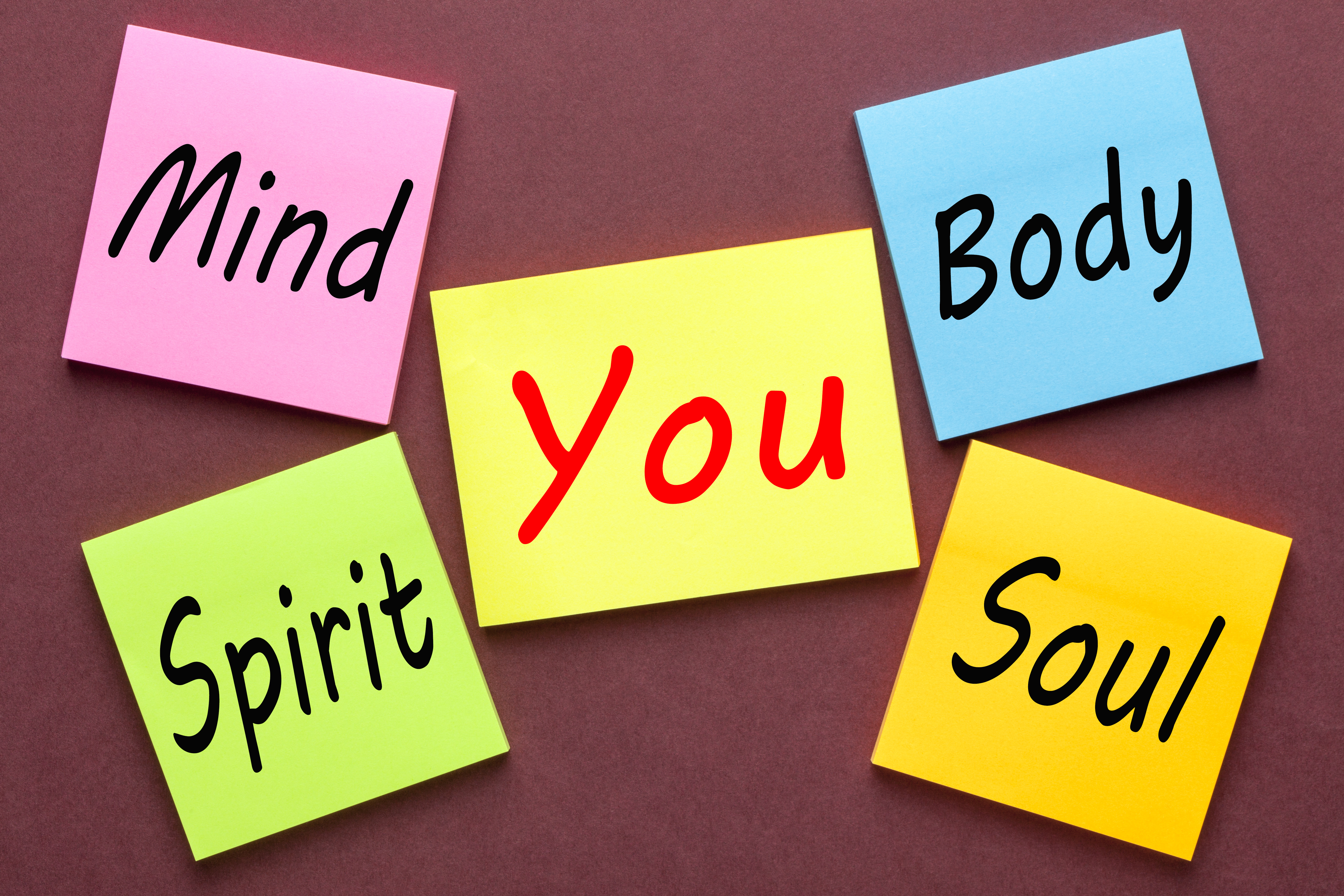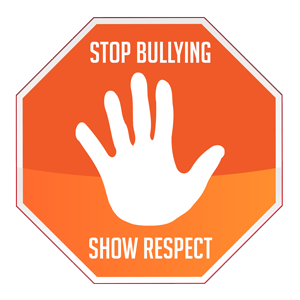
The school-based student services team serves a vital role in promoting positive mental health outcomes in students. Positive mental health is as critical to academic success as physical well-being. This interdisciplinary team collaborates with school personnel, community healthcare professionals, students, and families in the assessment, identification, intervention, referral, and follow-up of children in need of mental health services.
Mental health concerns and diagnoses that school-age children commonly experience include, but are not limited to, attention deficit hyperactivity, depression, bipolar diagnosis, anxiety, panic response, eating disorders, and substance abuse.
Video and content adapted from the National Alliance of Mental Illness
Knowing the signs
Trying to tell the difference between what expected behaviors are and what might be the signs of a mental illness isn't always easy. There's no easy test that can let someone know if there is a mental illness or if actions and thoughts might be typical behaviors of a person or the result of a physical illness.
Each illness has its own symptoms, but common signs of mental illness in adults and adolescents can include the following:
- Excessive worrying or fear
- Feeling excessively sad or low
- Confused thinking or problems concentrating and learning
- Extreme mood changes, including uncontrollable “highs” or feelings of euphoria
- Prolonged or strong feelings of irritability or anger
- Avoiding friends and social activities
- Difficulties understanding or relating to other people
- Changes in sleeping habits or feeling tired and low energy
- Changes in eating habits such as increased hunger or lack of appetite
- Changes in sex drive
- Difficulty perceiving reality (delusions or hallucinations, in which a person experiences and senses things that don't exist in objective reality)
- Inability to perceive changes in one’s own feelings, behavior or personality (”lack of insight” or anosognosia)
- Abuse of substances like alcohol or drugs
- Multiple physical ailments without obvious causes (such as headaches, stomach aches, vague and ongoing “aches and pains”)
- Thinking about suicide
- Inability to carry out daily activities or handle daily problems and stress
- An intense fear of weight gain or concern with appearance
Mental health conditions can also begin to develop in young children. Because they’re still learning how to identify and talk about thoughts and emotions, their most obvious symptoms are behavioral. Symptoms in children may include the following:
- Changes in school performance
- Excessive worry or anxiety, for instance, fighting to avoid bed or school
- Hyperactive behavior
- Frequent nightmares
- Frequent disobedience or aggression
- Frequent temper tantrums








